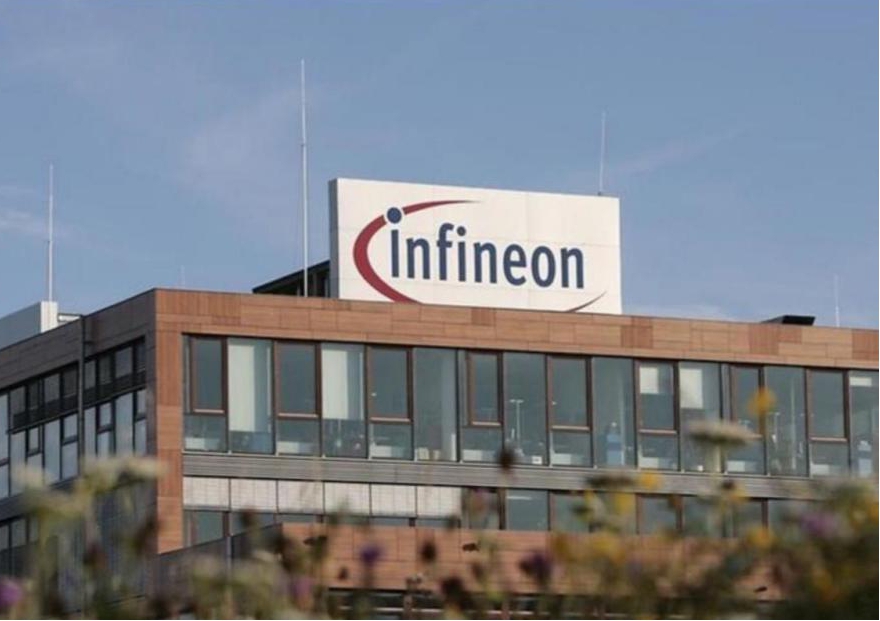AI, Cost Pressure & Market Competition: The Latest News in Chip Industry
As technology continues to advance and market demand grows, the global chip industry is undergoing unprecedented changes. From TSMC's price increase for advanced processes to Infineon's layoffs, to the rumored price increase for MediaTek's flagship chips, these events not only reflect the cost pressures in the chip industry but also demonstrate the intensity of market competition.
Dell's Transformation and Sales Team Restructuring
 Dell's recent restructuring and layoffs mark its transformation into the field of artificial intelligence. By establishing a new team focused on AI products and services, Dell is trying to secure a place in the fiercely competitive market. This strategic adjustment not only reflects the company's recognition of the importance of AI technology but also reflects its foresight for future market trends.
Dell's recent restructuring and layoffs mark its transformation into the field of artificial intelligence. By establishing a new team focused on AI products and services, Dell is trying to secure a place in the fiercely competitive market. This strategic adjustment not only reflects the company's recognition of the importance of AI technology but also reflects its foresight for future market trends.
MediaTek's Chip Price Increase and Performance Enhancement
MediaTek's upcoming 5G flagship chip, the Tianyi 9400, is expected to use 3-nanometer process technology, which means higher production costs and a possible price increase. Although MediaTek does not comment on price rumors, the market generally expects that the Tianyi 9400's performance improvement and enhanced AI capabilities will make it a strong competitor in the market.
Infineon's Layoffs and Cost Savings
 The layoffs and job relocation of German chip manufacturer Infineon are part of its cost-saving plan. Against the backdrop of global economic uncertainty, this move aims to optimize the company's operational efficiency and cost structure. Although layoffs are always controversial, they may also be a necessary step for the company to adapt to market changes and maintain competitiveness.
The layoffs and job relocation of German chip manufacturer Infineon are part of its cost-saving plan. Against the backdrop of global economic uncertainty, this move aims to optimize the company's operational efficiency and cost structure. Although layoffs are always controversial, they may also be a necessary step for the company to adapt to market changes and maintain competitiveness.
Competition for Apple iPhone OLED Orders
With the upcoming release of Apple's new iPhone, the competition between the two major Korean panel manufacturers, Samsung Display and LG Display, is becoming more intense. LG Display, with its timely Apple certification, is expected to significantly increase shipments of OLED panels for the iPhone. This competition not only demonstrates the technical investment of both companies but also reflects Apple's important position in the global supply chain.
TSMC's Advanced Process Price Increase
TSMC announced that it will continue to raise the prices of its 5nm and 3nm processes in 2025. Behind this decision is the continuous rise in the cost of advanced processes. Although the price increase may put some financial pressure on downstream customers, it may also be a necessary measure for TSMC to maintain its gross profit margin and market competitiveness.
NVIDIA Blackwell Chip Delivery Issues
The delayed delivery of NVIDIA's Blackwell chip has attracted widespread market attention. Although there are reports of possible design flaws that could delay delivery by three months or more, affecting major customers such as Meta, Google, and Microsoft, who have ordered tens of billions of dollars in chips, NVIDIA has clearly stated that the demand for Hopper is very strong, the sample trials of Blackwell have already begun widely, and production is expected to increase in the second half of the year. Beyond this, they do not comment on rumors.

Conclusion
In recent years, the development of the chip industry has been hindered, but it is certain that technological innovation, cost control, and market competition will be key factors driving industry development. From Dell's AI transformation to TSMC's price increase decisions, it can be seen that only companies that continuously adapt to market changes and actively respond to challenges can stand invincible in the fierce market competition. With the further development of 5G, AI, and other technologies, we have reason to believe that the chip industry will usher in a brighter future.
Trending IC Components in Conevo
● MW6S004NT1 is an RF power LDMOS transistor used in high frequency, high power wireless communication applications. The MW6S004NT1 is designed for Class A or AB base station applications with frequencies up to 2000 MHz and supports the transmission and amplification of high frequency signals. The MW6S004NT1 is ideal for use in modern wireless communication systems such as LTE, 5G, etc., which need to process high-frequency signals for high-speed data transmission and extensive network coverage.
● The SBB2089Z is a high performance InGaP HBT MMIC amplifier manufactured by Qorvo. Designed for 5V gain module applications, the amplifier supports multiple cellular network standards such as GSM, PCS, UMTS, etc., with broadband characteristics (up to 6 GHz). It can effectively amplify the RF signal and ensure the stability and strength of the signal during transmission. The same series of amplifier ics from Qorvo also include SBB3089Z, SBB4089Z, SBB5089Z.
Website: www.conevoelec.com
Email: info@conevoelec.com







